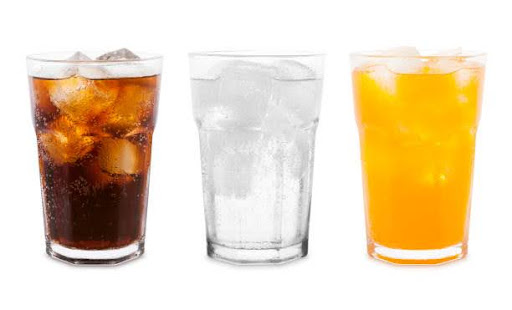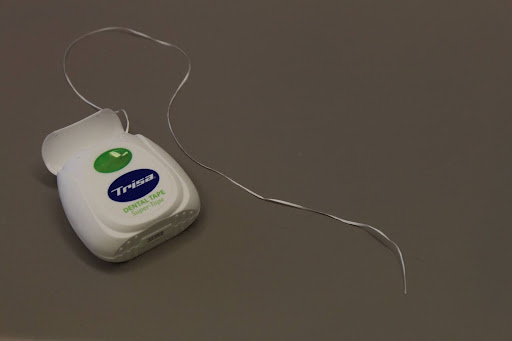
Chewing gum has been a favored pastime for centuries, offering a range of benefits from flavor enjoyment to breath freshening. But amidst its popularity, the question lingers: Is gum truly good for your oral health? At Dentist Randolph, we uncover the surprising answer.
Indeed, sugar-free gum emerges as a hero in the realm of oral health. How so? It kickstarts saliva production, which serves as a natural defense mechanism. Saliva works to neutralize mouth acids and rinse away lingering food particles and bacteria. This dynamic action contributes to cavity prevention and mitigates the risk of tooth decay.
However, not all gums are created equal. Those laden with sugar can wreak havoc on your pearly whites. The sugar content fuels bacterial growth, resulting in acid production that corrodes enamel and promotes cavity formation.
When selecting gum, opt for sugar-free varieties enriched with xylitol, a natural sweetener. Studies reveal xylitol’s prowess in hindering cavity-causing bacteria growth and neutralizing oral acidity. This dual action reinforces its role in supporting oral health.
Beyond oral hygiene benefits, chewing gum can also freshen your breath. By stimulating saliva flow, gum helps cleanse the mouth of odor-causing bacteria. Many gum varieties further enhance this effect with mint or cinnamon flavorings and essential oils, leaving your breath refreshed.
Despite these advantages, it’s vital to underscore that chewing gum does not replace proper oral hygiene practices. Brushing your teeth twice daily with fluoride toothpaste, flossing regularly, and maintaining routine dental check-ups remain essential components of a robust oral care regimen.
In summary, sugar-free gum can indeed bolster your oral health by promoting saliva production and combatting bacteria and acidity. Yet, prioritize gum varieties containing xylitol to maximize benefits while mitigating cavity risk. And always remember, diligent oral hygiene practices are paramount for optimal oral health. So, feel free to indulge in that gum—just ensure it’s the right kind!
For personalized oral health guidance and professional dental care, contact Dentist Randolph today. Your smile deserves nothing less than the best care possible!















